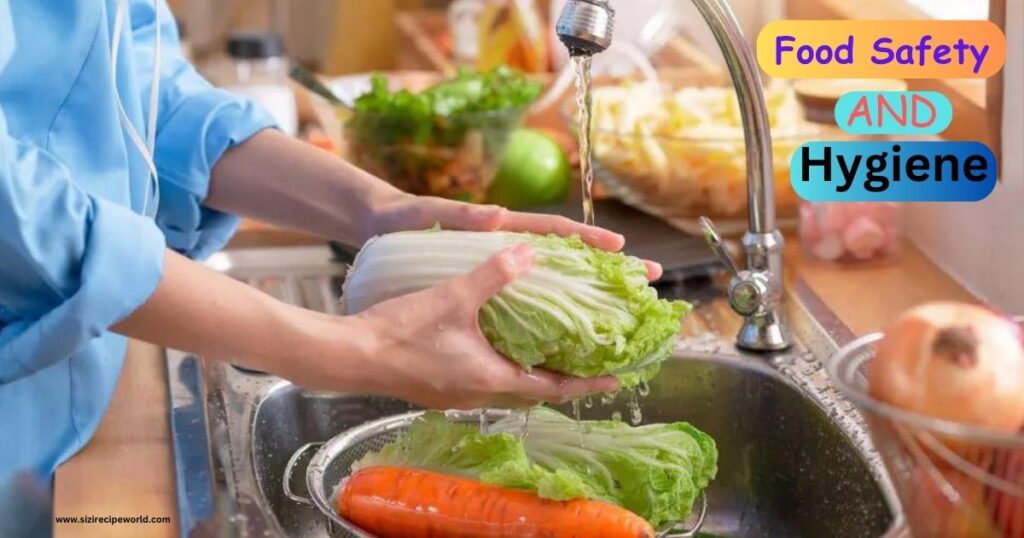Food is an important part of our lives because it keeps us healthy and makes our taste buds happy. But food hygiene is the most vital concept behind every tasty meal. It’s the set of rules, precautions, and practices that make sure our food is safe and clean from the farm to the table. This article talks in depth about the 5 importance of food hygiene and some experts’ tips on how to keep food hygiene at home and at business.
What Does Food Hygiene Mean?
Food hygiene includes a lot of different habits and actions that are meant to make sure that food is handled, cooked, and stored safely. From the time the raw materials are gathered until they are eaten, food hygiene makes sure that the food stays clean and safe to eat. It means following strict rules about cleaning and safety to avoid the spread of germs, chemicals, and other dangerous substances.
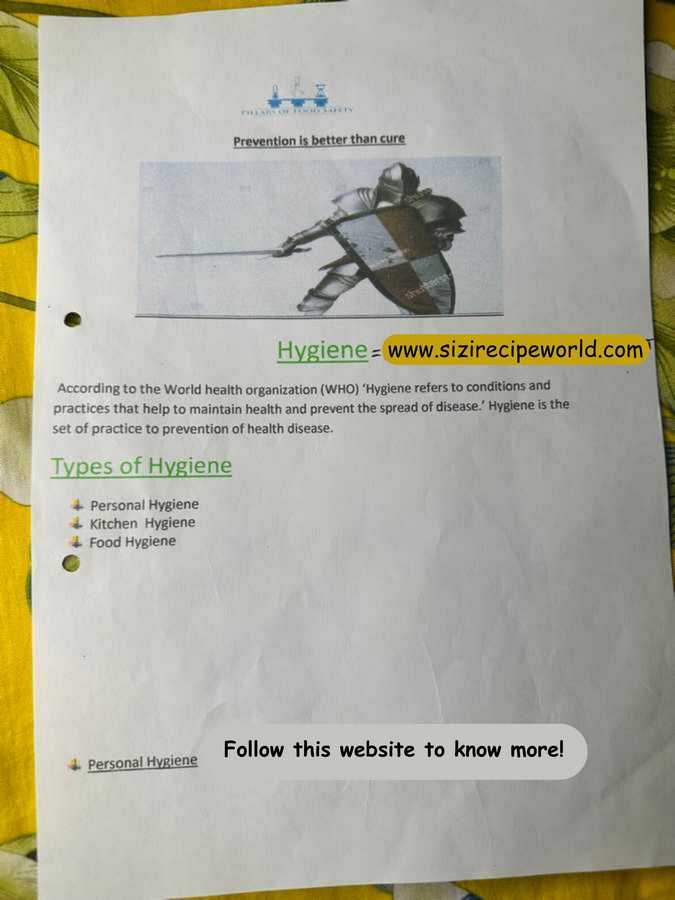
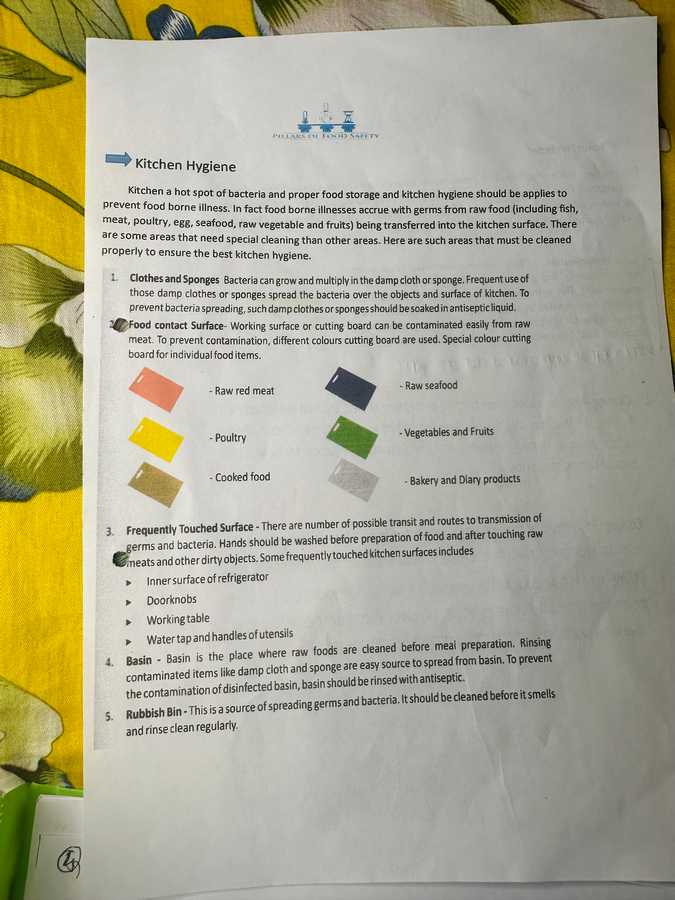
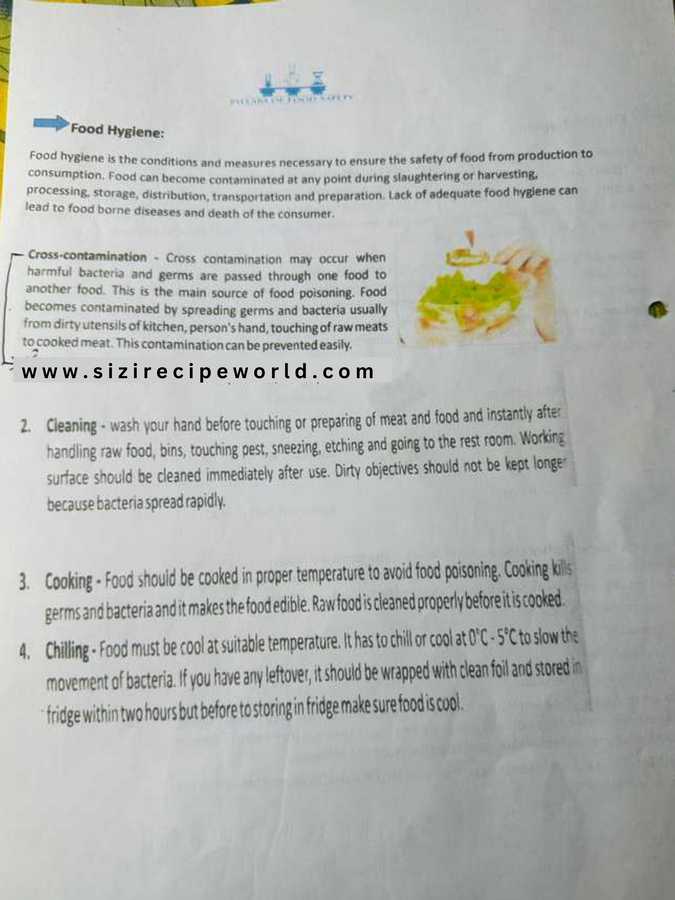
5 Importance of Food Hygiene
In this section, we will discuss the 5 importance of food hygiene and why you should maintain the food hygiene practice.
Avoids Foodborne Diseases
One of the best reasons to put food hygiene first is that it helps keep people from getting sick from eating. Food poisoning affects a huge number of people every year, and its symptoms can range from slight pain to conditions that could kill the person. People get sick when dangerous germs, like bacteria, viruses, parasites, or chemicals, get into food and spread, making it unsafe to eat.
Effective food safety measures, like making food the right way, keeping it at the right temperature, storing it safely, and keeping yourself clean, all work together to lower the risk of contamination. Harmful bacteria are killed when food is cooked to the right temperature. Good personal hygiene and storage are also very important for lowering the chances of contamination.
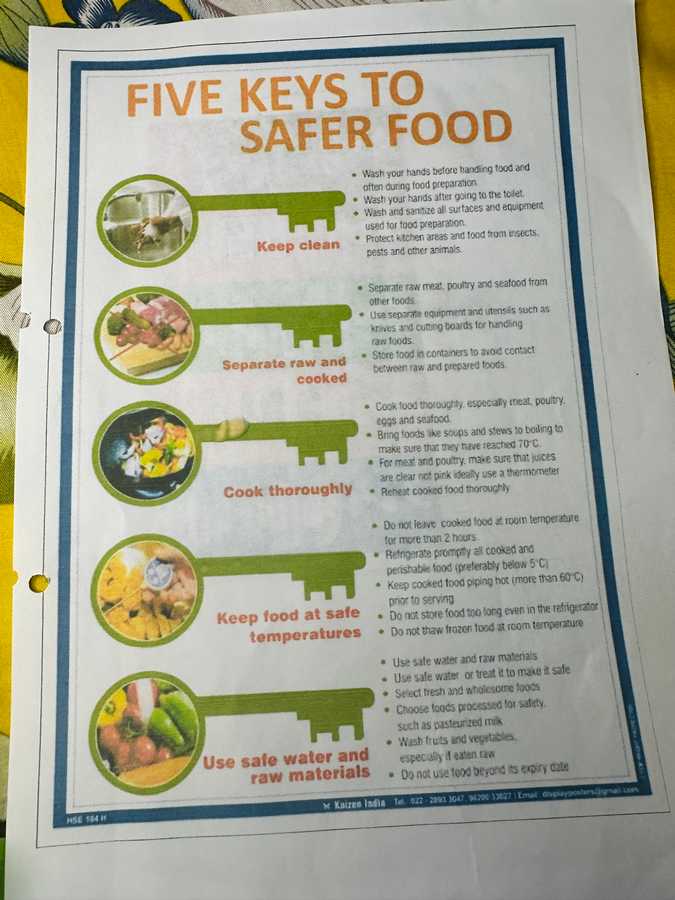
Ensures Public Health
Food safety isn’t just about keeping individuals safe; it’s also very important for keeping the public healthy. When it comes to food safety, carelessness can cause large-scale illnesses that affect whole towns. These kinds of events are very bad for everyone’s health, as well as for the business, the healthcare system, and the way people interact with each other.
Infectious diseases can spread through contaminated food, which can lead to large-scale outbreaks that require a lot of resources to contain. The job of public health officials is to find out where these cases come from, which can take a long time and cost a lot of money.
By putting food hygiene first, we can greatly lower the chances of these outbreaks, which will save lives, save money, and stop mass health problems.
Preservation of Food Quality
Food hygiene is important for keeping the quality of the food we eat and keeping people from getting sick. When food isn’t treated or kept properly, it can spoil, lose its nutritional value, and experience changes in structure and taste.
Food quality depends on people following good food safety practices. By keeping the food’s arrangement, they help cut down on waste. Good goods are wanted in the food business because they make customers happy and keep them coming back. When food is both safe and of high quality, it encourages customers to come back and spread the word.
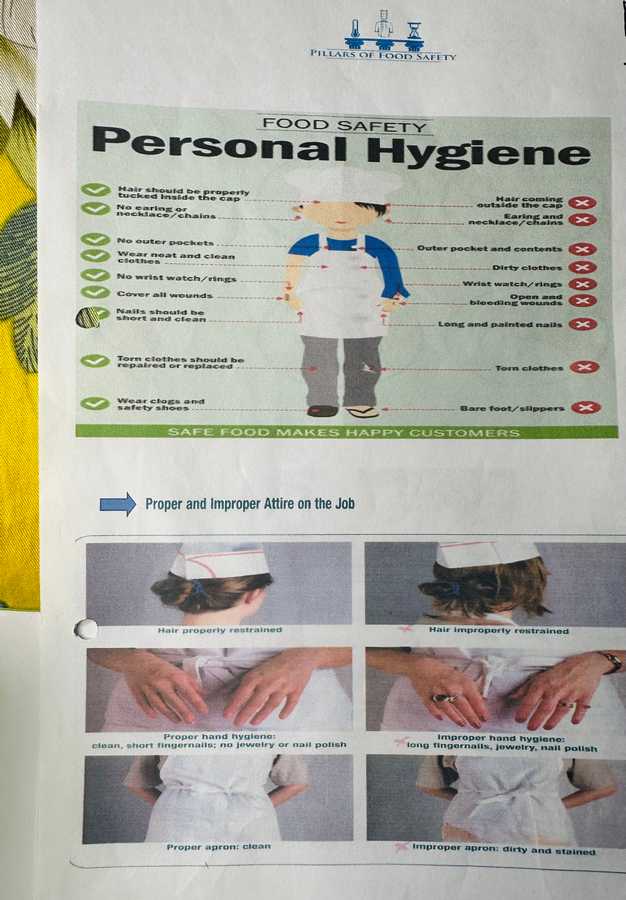
Satisfies Legal Standards
Food safety rules and standards have been set up by governments and regulatory groups to protect the health of customers and make sure that food items are safe. These rules are not merely ideas; they are legally binding requirements that must be adhered to by all food companies.
If you don’t follow these rules, you could face harsh penalties like large fines, orders to close down, or even court action against your business. Also, breaking the rules about food safety can have long-lasting effects, like hurting your image and public trust of your recipes.
Following these rules is not only the law for food companies, but also the right thing to do for customers and society as a whole. To make sure that their processes meet these standards, they need to spend money on training, monitoring, and enforcement.
Safeguards Businesses
Food cleanliness isn’t just about following the law; it’s also important for keeping food-related companies’ reputations and ensuring they last. One case of food poisoning or a break in food safety can be very bad for a restaurant, catering service, or food production center. These kinds of things hurt the company in the long run and cost the business money right away.
Developing a reputation for outstanding food hygiene is a strategic gain in the food sector. When consumers buy their food, they want to ensure that it is secure and of the best quality. So, companies that put food safety first not only lower their risk, but they also build trustworthiness with their customers, which could lead to more sales and good reviews. Not taking care of food cleanliness, on the other hand, could mean losing people and getting a bad name.
How to Keep Your Food Clean
After following the above 5 importance of food hygiene you can maintain your food hygiene in the following 2 places.
At Home
· Cleanliness: Keep the kitchen and cooking tools clean, and take care of your own cleanliness.
· Separation: To avoid getting ill, keep raw and cooked foods separate.
· Cooking Temperature: Use a food thermometer to make sure food recipe reaches safe temperatures.
· Storage: To keep food safe and fresh, keep it in the right containers at the right temperature.
· Personal Hygiene: Always wash your hands well before touching food, and don’t prepare food when you’re sick.
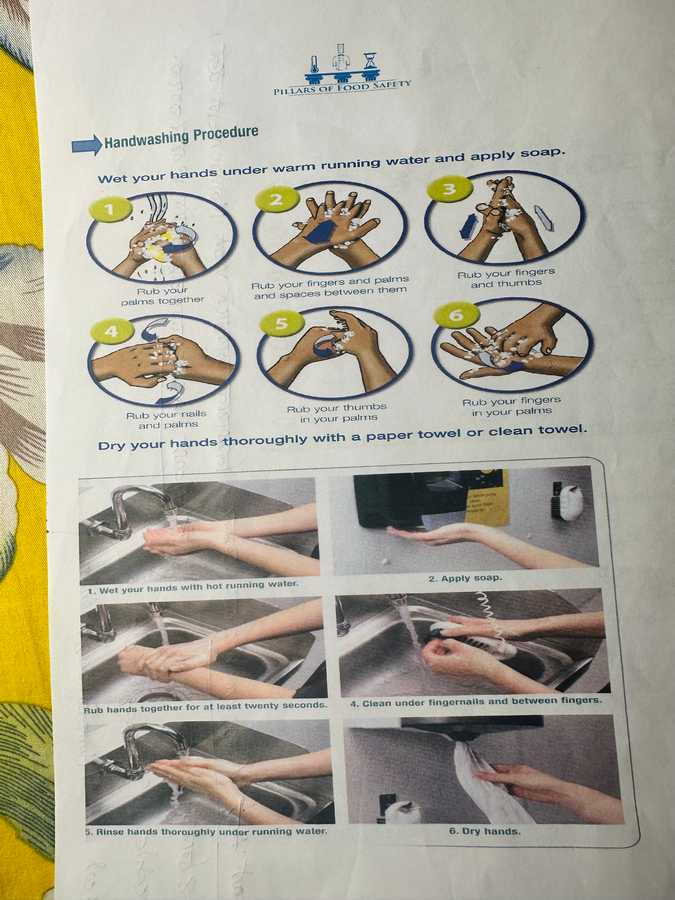
In a business restaurant
· Staff Training: Make sure that everyone who works for you gets full training on how to keep food safe.
· Regular checks: Plan regular checks to make sure that cleanliness rules are being followed.
· Temperature Control: Track a regular record and keep a close eye on your kitchen’s food temperatures.
· Cleaning Schedules: Make and stick to a strict cleaning plan for the whole place.
· Supplier Monitoring: Check the quality and safety of food suppliers on a regular basis.
Final Thoughts
Everyone has a shared responsibility for food hygiene, including corporations, governments, and private citizens. We hope, after reading this 5 importance of food hygiene, you have a good understanding about this matter. It is an important part of keeping people healthy, companies safe, and food items of high quality. To protect everyone’s health and well-being, food cleanliness should be a top concern whether you are at home or running a business. By following good food safety rules, we can lower the risk of getting sick from food, stop large-scale outbreaks, keep food fresh, follow the law, and protect businesses in the food industry. So we must gain knowledge about 5 importance of food hygiene. Food cleanliness is not only the right thing to do, it’s also an important investment in people’s health, safety, and happiness around the world.
